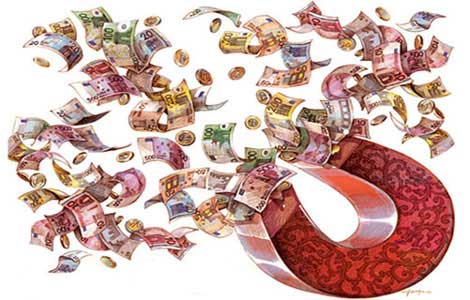Peoples' shared dream of a better future
Updated: 2013-08-06 09:40
By Zheng Xiwen (China Daily)
|
||||||||
All humans have the right to pursue happiness and should be open and tolerant with each other while dreaming of a better future and striving for win-win results in pursuit of their dreams.
The Chinese dream and the beautiful dreams of other peoples grow out of different histories and have their roots in different cultures, but they all reflect people's desire to work toward their vision of a better life. China's rapid economic and social development over the past decades after reform and opening-up boosted people's confidence to realize national prosperity and rejuvenation. President Xi Jinping stressed that the Chinese dream in the final analysis is the people's dream and people's longing for a good life is what we are fighting for.
The United States' development history since winning independence convinced Americans that they could live a better life if they tenaciously struggled. The Chinese dream and the beautiful dreams of other peoples contain the positive forces inspiring people all over the world to pursue happiness.
The Chinese dream and the American dream have different connotations because of the different national conditions that gave birth to them, but they are highly complementary to each other and there is broad space for cooperation. China and the US, as the world's largest developing country and the largest developed country, have a stake in the other's economic prospect. In today's highly interdependent global economy, it is said that when the US sneezes, the world catches a cold. Similarly, any fluctuation in the Chinese market now also has tremendous impact on the world.
Since the outbreak of the global financial crisis, China has made great contributions to the economic recovery of others, including the US.
An article in The Financial Time says that during the Trans-Pacific Partnership negotiations the US' trick to exclude China, whose currency has appreciated 40 percent against the dollar in eight years, but include Japan, whose currency has fallen 25 percent in less than eight months, will not satisfy American manufactures.
Most Viewed
Editor's Picks

|

|

|

|

|

|
Today's Top News
Drifting left, Asian American voters still back John Liu
Beijing sincere on S China Sea Code of Conduct
Washington Post sold to Amazon's founder
Fonterra says sorry for 'anxiety'
Obesity rate on the increase
Detroit Symphony brings China to NYC
Service sector drives up growth
Globalization of Chinese culture becomes hot topic
US Weekly

|

|














